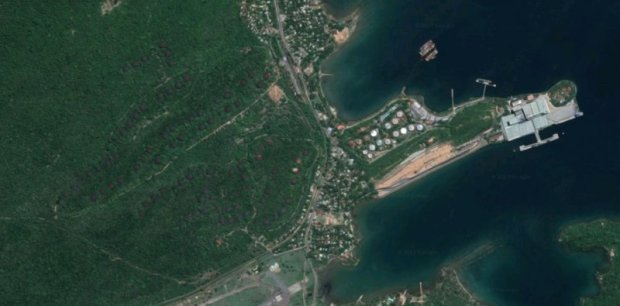COLOMBO – Sri Lanka is trying to find a way out of a clause in the agreement signed on a tank farm, which allowed India to block petroleum development in Trincomalee, Energy Minister Kanchana Wijesekera said.
He was responding to a question from opposition legislator Kabir Hashim about the agreement signed in 2022 to lease Trinco oil tanks to India.
Hashim, a former energy minister said, he had information that some parties were willing to lease the tanks which were assigned to the state-run Ceylon Petroleum Corporation (CPC).
“But I understand that even to lease those tanks, even if they belong to the CPC, it cannot be done unless the Indian Oil Corporation (IOC) permits it,” Hashim said. Noting that Udya Gammanpila had signed the agreement, he questioned whether such an agreement had been signed, and said if that was the case, it was dangerous.
“This is an asset of our country. For us to give an asset belonging to us, do we have to ask India?” he questioned.
Minister Wijesekera conceded that Hashim said was correct and elaborated, “It says if some business is conducted, especially in the Trincomalee district, the approval of the CPC or the LIOC and CPC joint venture and the LIOC has to be obtained.
“We have been trying to correct this for several months.”
The agreement was signed when Sri Lanka was in severe forex shortages after the aggressive deployment of macro-economic policy involving large-scale money printing to cut rates backed up by tax reductions to target ‘potential output’.
The rate cuts drove the country into forex, fuel and medicine shortage forcing the country to rely on foreign borrowings, with some critics saying it led to a loss of ‘sovereignty’ to lenders including the International Monetary Fund.
India gave Sri Lanka billions of dollars in loans even though the country had defaulted when multilateral agencies and Japan were also not allowed to give new loans under their rules.
India has been sensitive to foreign investors in Sri Lanka’s north for many years, partly out of security concerns.
The tanks were built by the British during World War II but were unused for many decades until then Prime Minister Ranil Wickremesinghe assigned some tanks to India when Lanka IOC entered Sri Lanka’s fuel distribution.
-economynext.com



Comments are closed, but trackbacks and pingbacks are open.